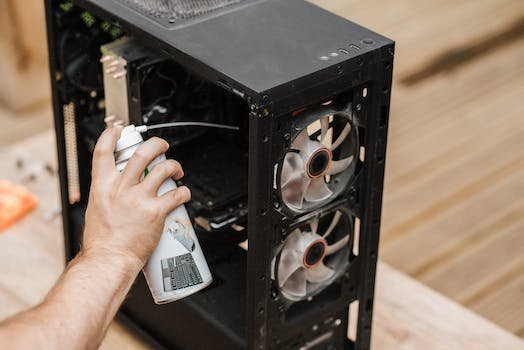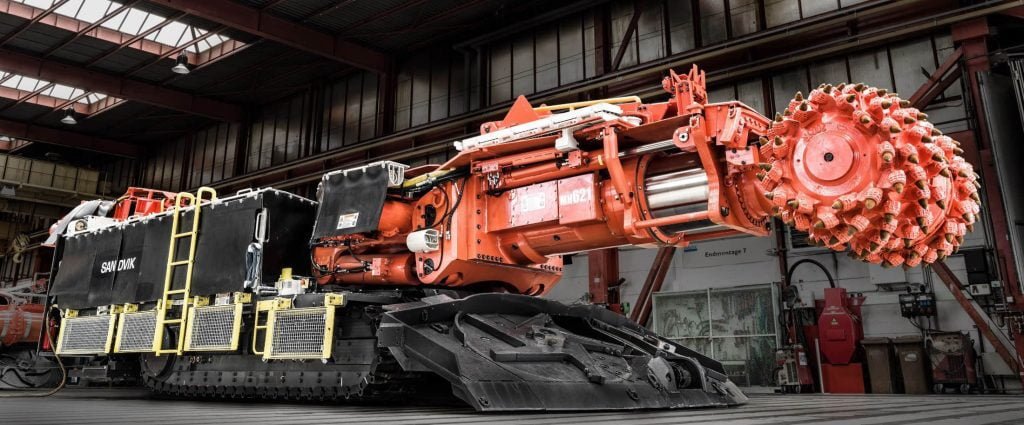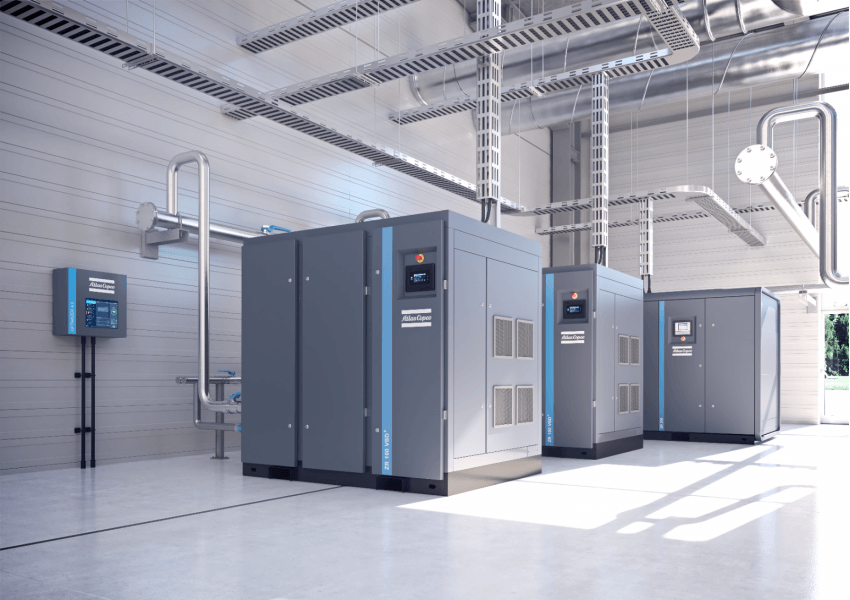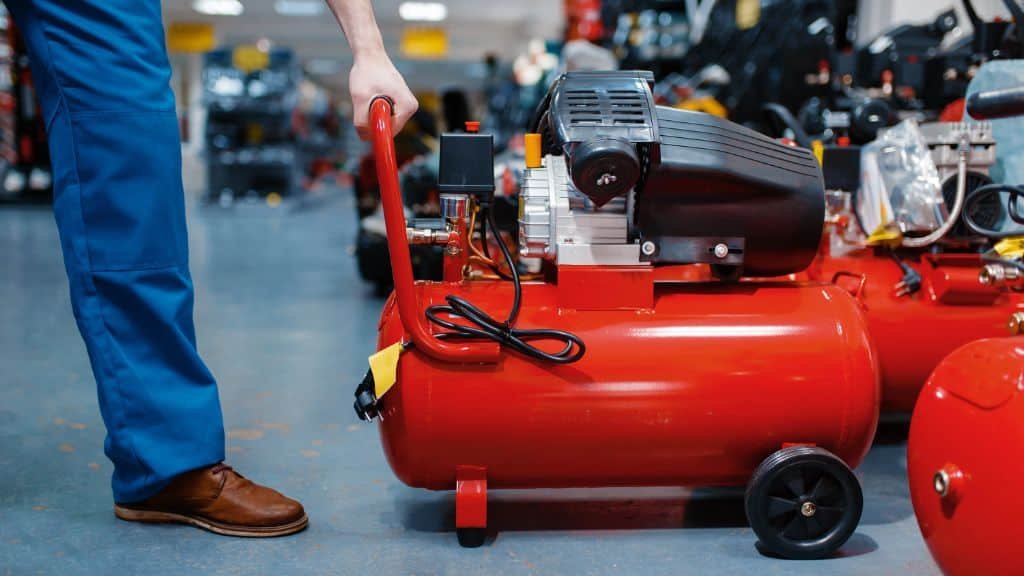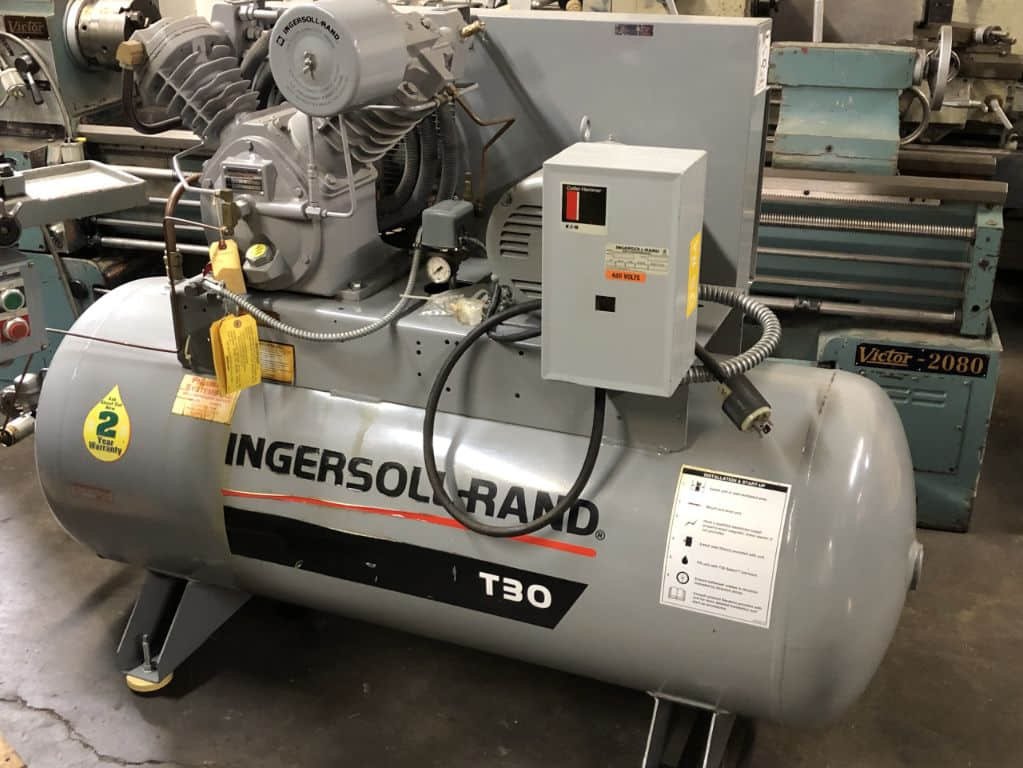Essential Maintenance Tips for Prolonging the Lifespan of Gardner Denver Air Compressors
Gardner Denver air compressors are known for their durability and reliability. However, like any other machinery, regular maintenance is crucial to ensure their optimal performance and longevity. By following these essential maintenance tips, you can prolong the lifespan of your Gardner Denver air compressors and avoid costly repairs or replacements.
1. Regularly Check and Change the Air Filter
The air filter is a vital component of an air compressor as it prevents dust, debris, and contaminants from entering the system. Over time, the air filter can become clogged, reducing the airflow and putting strain on the compressor. To avoid this, check the air filter regularly and clean or replace it as needed. A clean air filter will not only improve the efficiency of the compressor but also extend its lifespan.
2. Monitor and Maintain Proper Oil Levels
Oil is essential for lubricating the moving parts of an air compressor and reducing friction. Regularly check the oil levels and ensure they are within the recommended range. If the oil levels are low, add the appropriate type of oil recommended by Gardner Denver. Additionally, change the oil at regular intervals as specified in the manufacturer’s guidelines. Clean oil will help prevent wear and tear, ensuring the compressor operates smoothly.
3. Inspect and Tighten Connections
Regularly inspect all the connections, including hoses, fittings, and bolts, to ensure they are tight and secure. Loose connections can lead to air leaks, reducing the efficiency of the compressor and causing it to work harder than necessary. By tightening the connections, you can prevent air leaks and maintain the optimal performance of your Gardner Denver air compressor.
4. Clean and Maintain the Cooling System
The cooling system of an air compressor is responsible for dissipating heat generated during operation. Over time, dust and debris can accumulate on the cooling fins, obstructing airflow and causing the compressor to overheat. To prevent this, regularly clean the cooling system using compressed air or a soft brush. Ensure that the cooling fins are free from any obstructions, allowing proper airflow and preventing overheating.
5. Regularly Inspect and Replace Belts
The belts in an air compressor are responsible for transferring power from the motor to the compressor pump. Over time, belts can wear out or become loose, affecting the performance of the compressor. Regularly inspect the belts for signs of wear, cracks, or fraying. If any issues are detected, replace the belts promptly to avoid further damage to the compressor.
6. Schedule Professional Maintenance and Servicing
While regular maintenance can significantly extend the lifespan of your Gardner Denver air compressor, it is also essential to schedule professional maintenance and servicing. A trained technician can thoroughly inspect the compressor, identify any potential issues, and perform necessary repairs or adjustments. Regular servicing will not only ensure the optimal performance of your compressor but also help detect and prevent any major problems before they escalate.
Frequently Asked Questions (FAQs)
Q: How often should I change the air filter in my Gardner Denver air compressor?
A: It is recommended to check the air filter every month and clean or replace it if necessary. However, the frequency may vary depending on the operating conditions and the level of dust or contaminants in the environment.
Q: Can I use any type of oil in my Gardner Denver air compressor?
A: No, it is crucial to use the type of oil recommended by Gardner Denver for your specific air compressor model. Using the wrong type of oil can affect the performance and potentially damage the compressor.
Q: How can I prevent air leaks in my air compressor?
A: To prevent air leaks, regularly inspect and tighten all connections, including hoses, fittings, and bolts. Additionally, ensure that the gaskets and seals are in good condition and replace them if necessary.
Q: What should I do if my Gardner Denver air compressor overheats?
A: If your air compressor overheats, immediately turn it off and allow it to cool down. Check the cooling system for any obstructions and clean the cooling fins if necessary. If the problem persists, consult a professional technician for further inspection and repairs.
Q: How often should I schedule professional maintenance for my air compressor?
A: It is recommended to schedule professional maintenance for your Gardner Denver air compressor at least once a year. However, if your compressor operates in harsh conditions or experiences heavy usage, more frequent servicing may be necessary.
Q: Can I perform maintenance tasks on my Gardner Denver air compressor myself?
A: While some basic maintenance tasks can be performed by the compressor owner, it is advisable to leave complex repairs or adjustments to trained professionals. Attempting to perform intricate tasks without proper knowledge and expertise can lead to further damage or safety hazards.
By following these essential maintenance tips and regularly servicing your Gardner Denver air compressor, you can ensure its longevity, optimal performance, and avoid unexpected breakdowns. Remember, proper maintenance not only saves you time and money but also enhances the efficiency and reliability of your air compressor.
